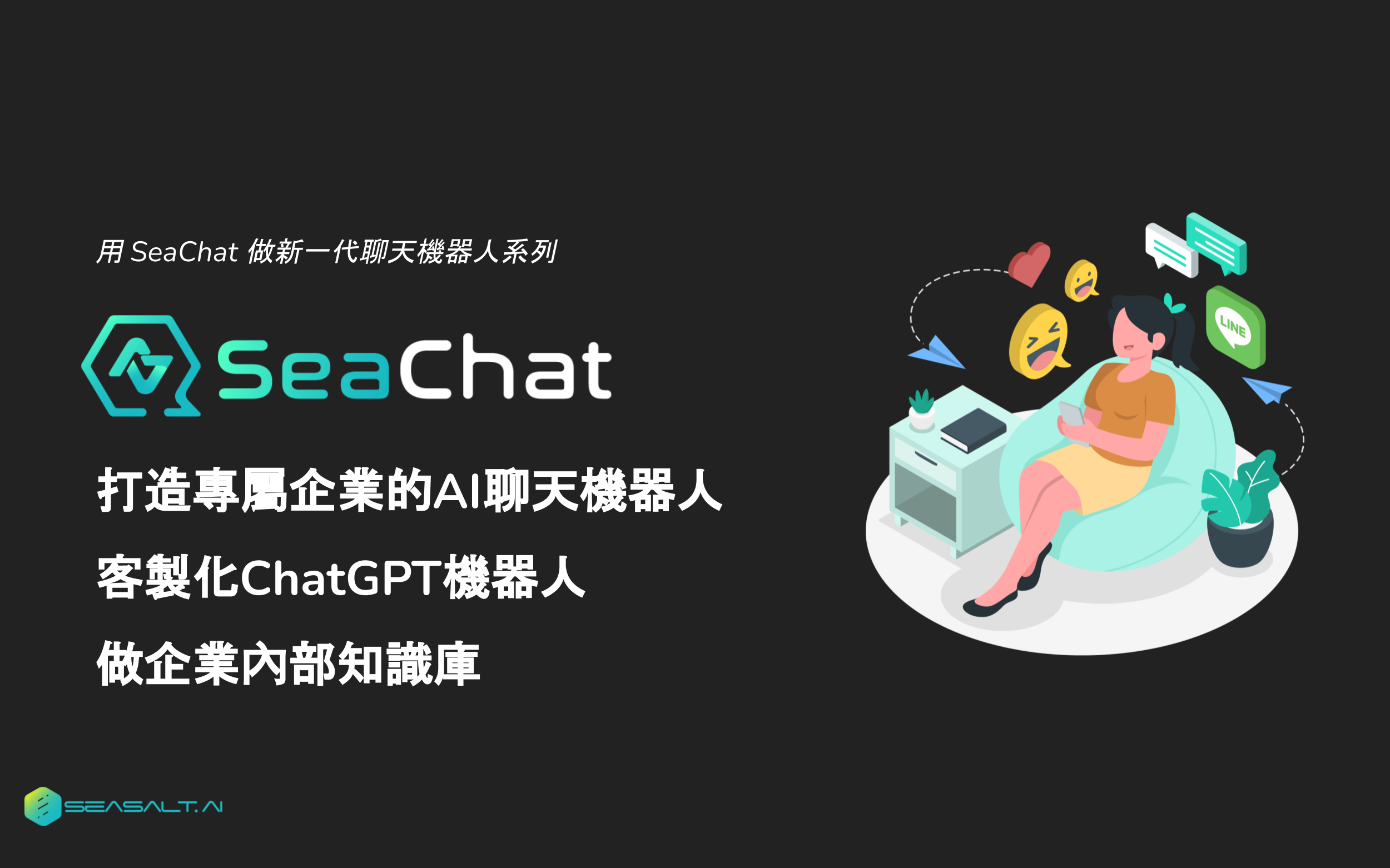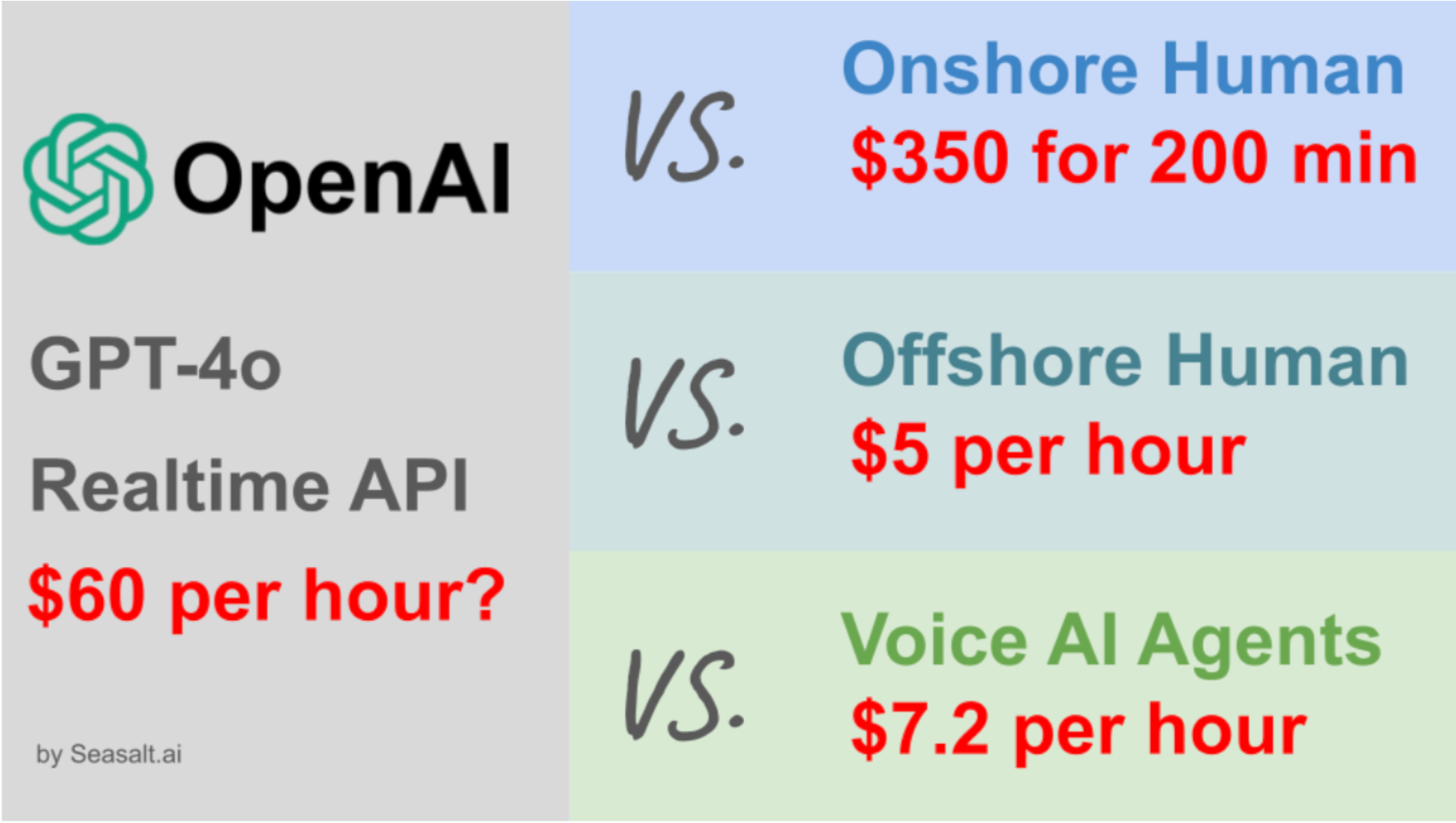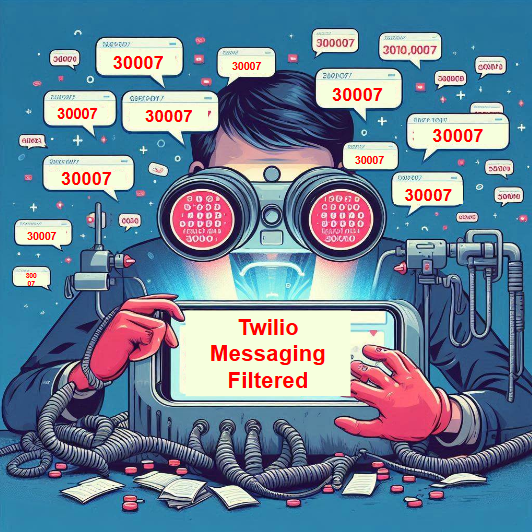In today’s era of digital transformation, enterprises are gradually realizing the huge potential of AI chatbots in improving internal operational efficiency and customer service quality. In particular, advanced chatbot technologies such as ChatGPT will become important tools for enterprise internal knowledge base management and customer interaction.
Applications of ChatGPT Robots in Enterprises
1. Internal Knowledge Base Assistant
As a powerful internal knowledge base assistant, ChatGPT robots can instantly learn and process large amounts of company information, thereby effectively answering internal employee and customer inquiries. Its application is not limited to improving the efficiency of customer service teams, but also includes integration with multiple communication platforms such as LINE, WhatsApp, Slack, etc., further optimizing communication processes.
2. Improve Productivity
Through the application of ChatGPT, enterprises can quickly acquire professional knowledge and effectively solve problems. This not only improves the work efficiency of the team, but also reduces the reliance on traditional query response methods, enabling enterprises to adapt more quickly to market changes and customer needs.

AI chatbots reduce the time employees spend looking for answers in piles of documents
Chatbot Programming and Design Services
For many enterprises, developing a customized AI chatbot does not require a cumbersome programming process. In fact, choosing the right chatbot platform can make this process no-code, allowing non-technical personnel to easily build and deploy.
1. No-code Development Process
The development of customized ChatGPT can be a simple and straightforward process. After choosing a good chatbot product, enterprises only need to organize their knowledge base data, without the need for a time-consuming team of professional engineers to develop. This method greatly saves time and resources, making the construction of the robot fast and efficient.
2. Rapid Testing and Deployment
After uploading the enterprise knowledge base, the chatbot can be basically configured and ready for testing within minutes. The convenience of this process means that enterprises can quickly see its effects and make adjustments as needed. This chatbot can also be easily deployed to various platforms, such as enterprise websites, social media, or internal communication systems.
Applications of Chatbots in Enterprise Internal Knowledge Bases
Customized ChatGPT chatbots are increasingly being used in enterprise internal knowledge bases, especially in the following key areas:
1. Project Management
In the field of project management, chatbots can provide quick access to project-related documents, progress updates, and resource allocation information. For example, employees can quickly find reports, schedules, or budget information for specific projects through the chatbot, thereby improving the efficiency of project execution.
2. Human Resources
In human resource management, chatbots can assist employees in quickly obtaining information about company policies, benefit procedures, or training resources. They can also be used to automate some common HR inquiries, such as leave application processes, thereby reducing the workload of the HR department.
3. Engineering and Design Knowledge Base
In the fields of engineering and design, chatbots can be a powerful resource, helping employees find technical specifications, design guidelines, or best practices. These robots can assist designers and engineers in quickly finding the information they need, thereby accelerating the innovation process.
Continuous Optimization and Maintenance of Chatbots
To ensure that chatbots remain efficient and accurate in enterprise internal knowledge base applications, continuous optimization and maintenance are essential. Here are some key strategies:
1. Real-time Feedback and Adjustment
Enterprises should establish a mechanism to collect employee feedback on chatbots. This includes aspects such as usage efficiency, problem-solving ability, and user experience. Based on this feedback, chatbots can be adjusted and optimized in a timely manner to better meet user needs.
2. Continuous Update of the Knowledge Base
With the development and changes in enterprise business, the knowledge base that chatbots rely on also needs to be continuously updated and expanded. This includes adding the latest project data, policy changes, technical updates, etc. Regularly reviewing and updating the knowledge base can ensure that the information provided by the chatbot is always the latest and most relevant.
3. User Experience Optimization
Continuously improving the chatbot’s user interface and interaction design can improve employee satisfaction and efficiency. For example, optimizing language processing capabilities to enable chatbots to understand and respond to complex queries more naturally.

AI chatbots reduce the time employees spend on repeated questions and searching for the same answers
Future Development and Trends of Chatbots
With the continuous advancement of technology and the evolution of enterprise needs, customized ChatGPT chatbots will show the following development trends in the future:
1. Deeper Integration and Automation
Future chatbots will be more deeply integrated into the core business processes of enterprises. They will not only be able to answer inquiries but also automatically trigger and execute specific business processes, such as automatically updating project progress or handling routine human resources matters, further improving the efficiency of business operations.
2. Advanced Natural Language Processing Capabilities
With the advancement of natural language processing (NLP) technology, chatbots will be able to understand and process complex language queries more accurately. This will make them more powerful in understanding context and providing more precise responses.
3. Intelligent Learning and Personalization
Future chatbots will continuously improve their response and interaction methods through machine learning. This means that they will be able to learn from past interactions and optimize their performance, and even provide personalized interaction experiences based on the usage habits and preferences of different employees.
4. Expanding Application Scope
With the development of technology and the expansion of business needs, chatbots will be applied to more new areas. This includes expanding from simple query responses to more complex decision support, and even participating in strategic planning and risk assessment.
Conclusion
Customized ChatGPT chatbots are becoming an important force driving enterprise digital transformation and improving internal operational efficiency. Through their powerful knowledge base access capabilities, flexible natural language processing, and continuously evolving learning capabilities, chatbots are opening a new chapter in enterprise internal communication and collaboration. With the continuous development and improvement of this technology, we can expect the role of chatbots in enterprises to become increasingly important, bringing more efficient and intelligent working methods to enterprises.
Do you also want to have a new generation of customized chatbots that support live agent transfer?





